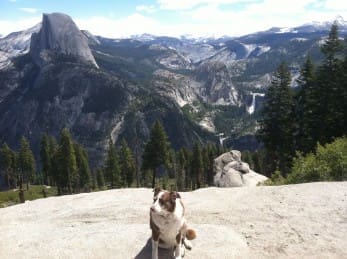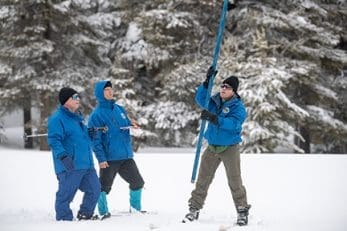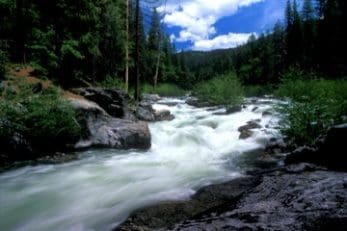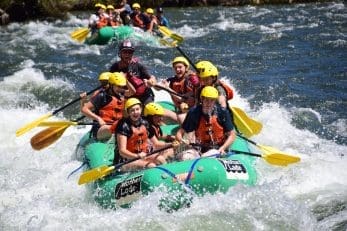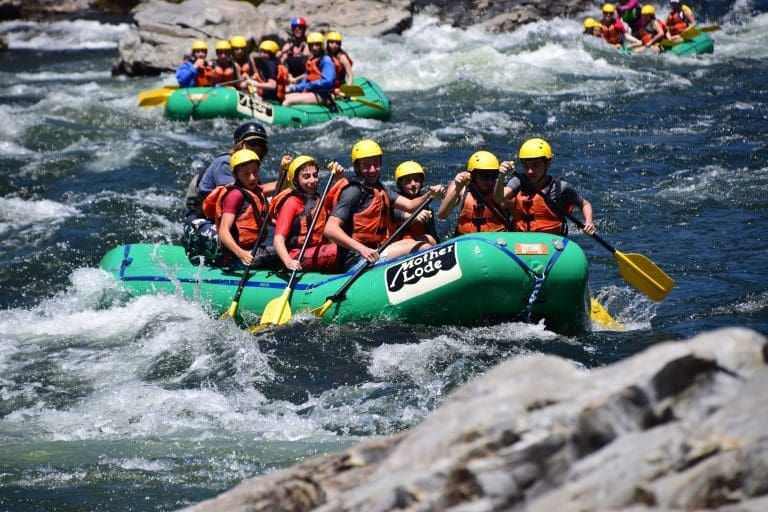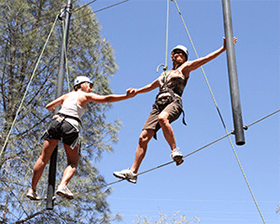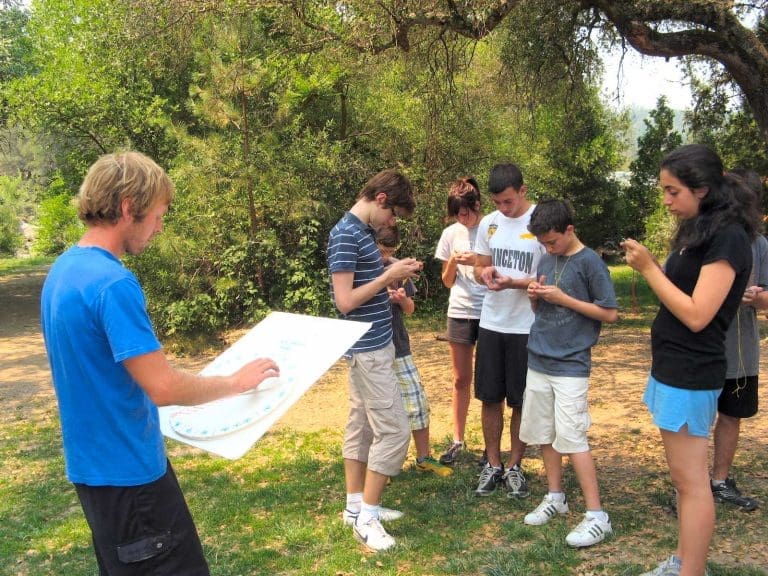Does scientific evidence support the concept that there a link between happiness and nature? Scientists working in a variety of areas including psychology, health, conservation, economics, and other disciplines are increasingly asking whether there is a link between subjective well-being or happiness and the experience of nature. A new technique may provide a way to accumulate data on this issue more efficiently.
In a new study entitled “Happiness is greater in natural environments” performed by George MacKerron and Susana Mourato from the Department of Economics, University of Sussex in the United Kingdom, the authors used a simple and yet potentially powerful way of gathering data to cast light on this subject. Based on this method there is a new way of exploring the relationship between momentary subjective well-being (SWB) and an individuals’ immediate environment or happiness in nature. The method was relatively simple: a smartphone app that signals participants at random moments, presenting a brief questionnaire while using satellite positioning (GPS) to determine geographical coordinates. The authors used this to collect over one million responses from more than 20,000 participants. Associating GPS response locations with maps reflecting the type of environment the participant was experiencing allowed the authors to create a model relating land cover to SWB using only the within-individual variation, while controlling for weather, daylight, activity, companionship, location type, time, day, and any response trend.
The result: “On average, study participants were significantly and substantially happier outdoors in all green or natural habitat types than they are in urban environments.” These findings held up when the models were reformulated in a variety of ways. “This study provides a new line of evidence on links between nature and well-being, strengthening existing evidence of a positive relationship between SWB and exposure to green or natural environments in daily life. Our results have informed the UK National Ecosystem Assessment (NEA), and the novel geo-located experience sampling methodology we describe has great potential to provide new insights in a range of areas of interest to policymakers.”
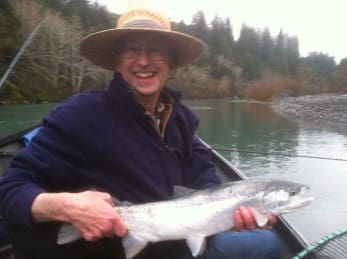
Highlights of the study according to the Abstract were the following:
- “Unique primary research study looking at environmental links to subjective well-being.
- Over 20,000 UK smartphone users contributed over one million geo-located data points.
- Participants were happiest in natural habitats, with many other effects controlled.
- Results have informed UK National Ecosystem Assessment.
- Method has potential to provide new insights in many areas of environmental policy.”
Learn more from the authors’ original study:
“Happiness is greater in natural environments”
George MacKerron, Susana Mourato: Department of Economics, University of Sussex, Jubilee Building, Falmer, Brighton BN1 9SL, UK.
